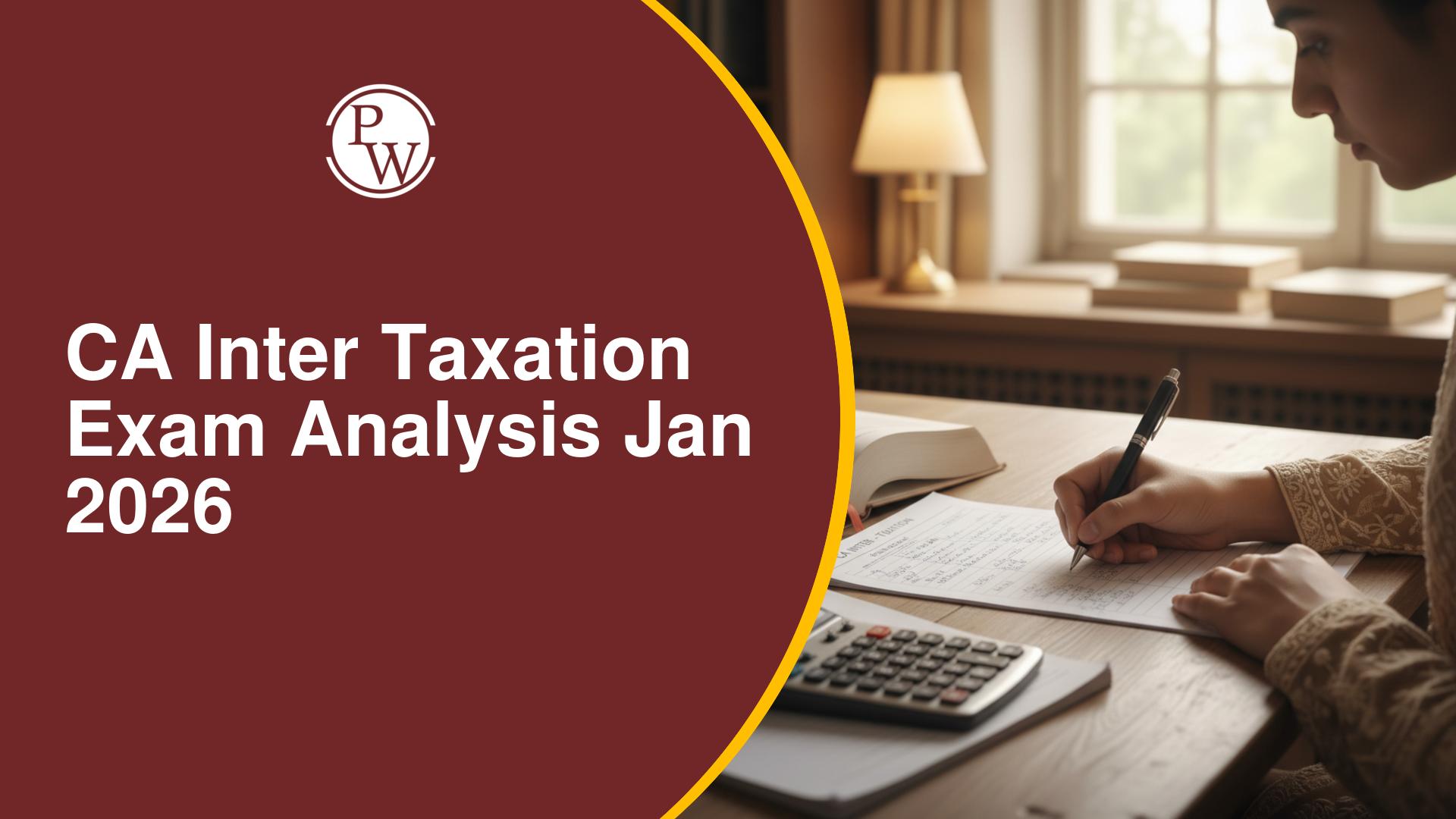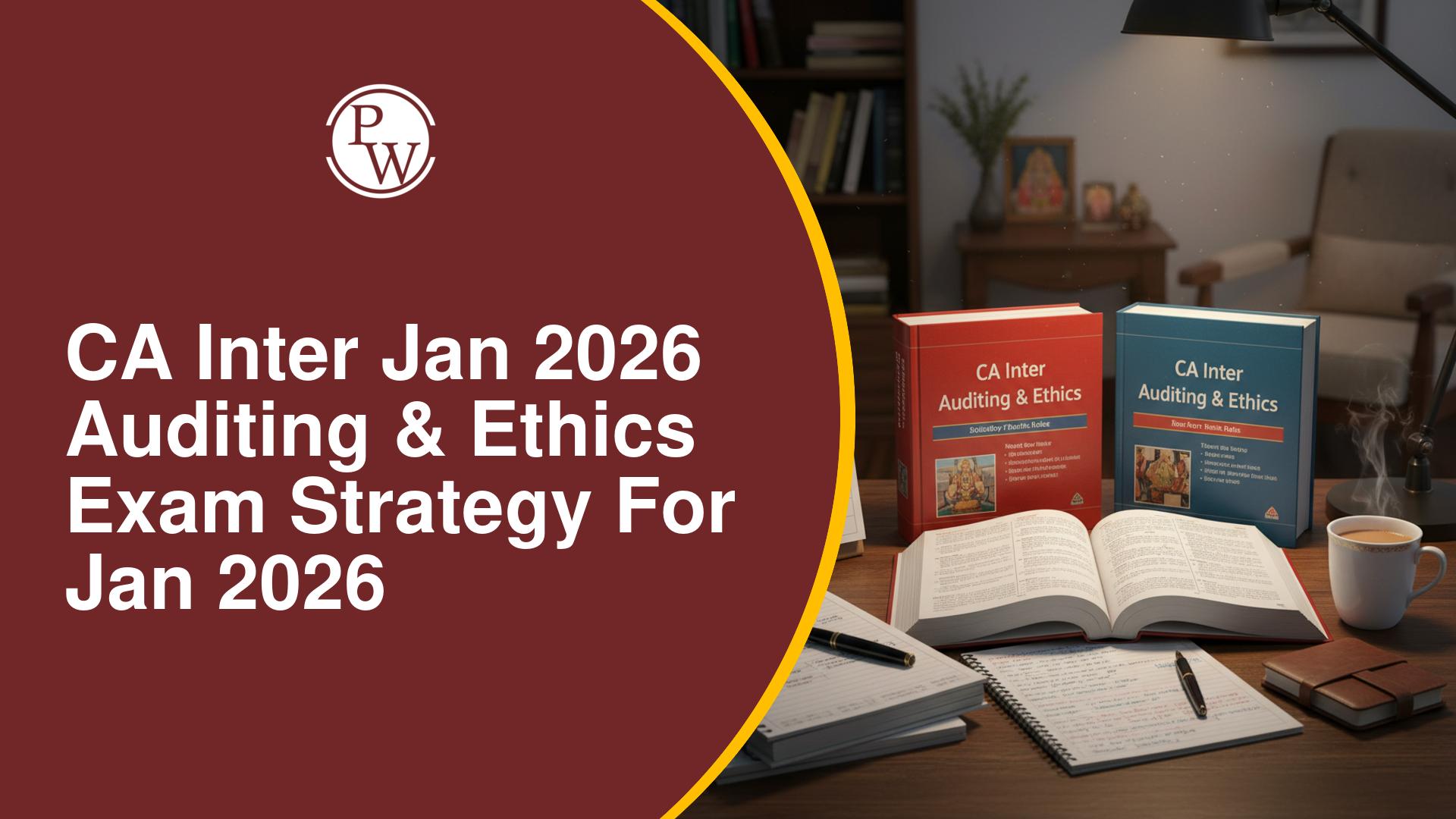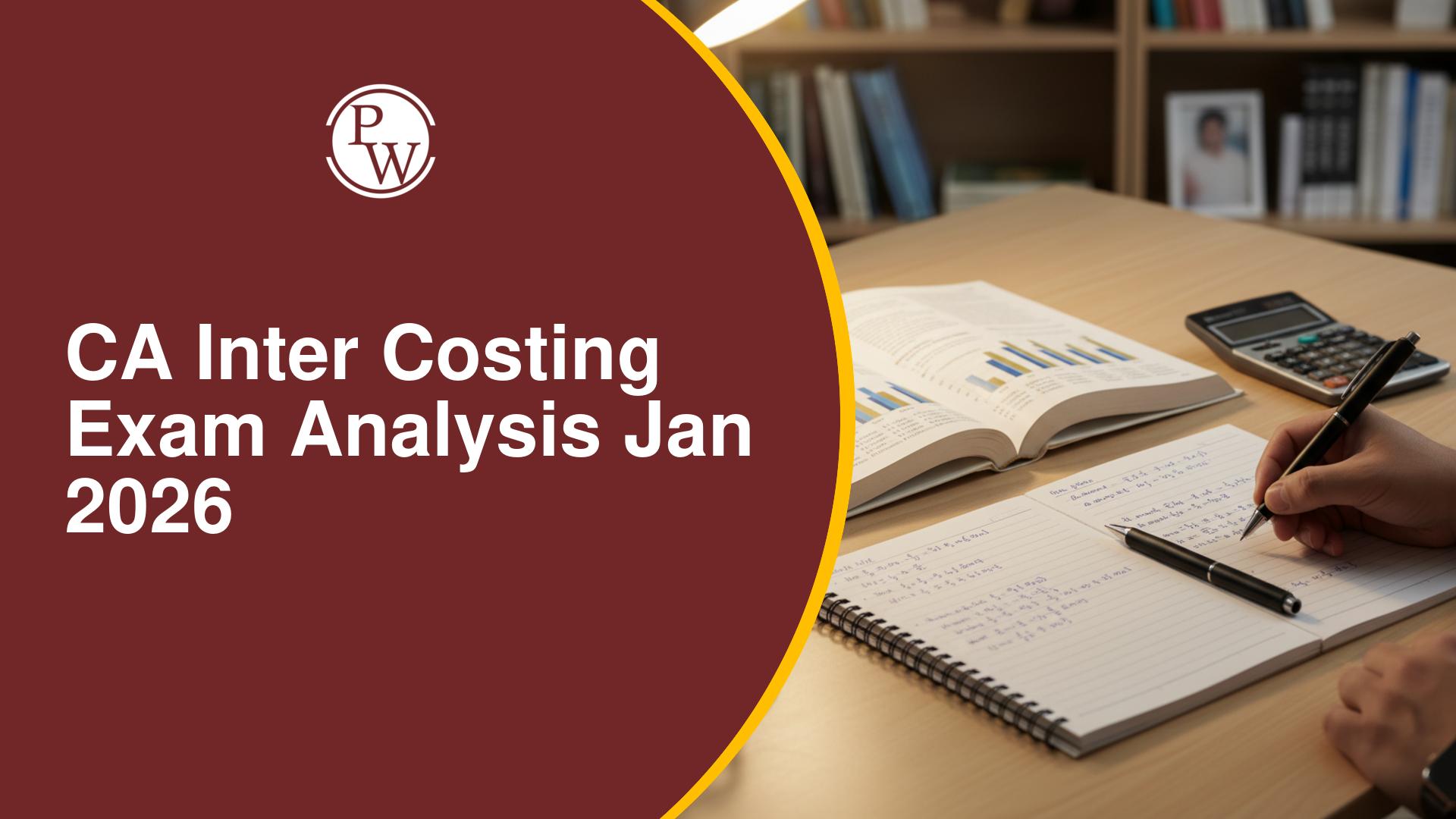
As a CA student, understanding the Audit of Non-Profit Organizations (NPOs) is crucial for your success. This topic not only forms a significant part of your curriculum but also prepares you for real-world challenges. Non-profit organizations operate differently compared to for-profit entities, making their audits unique and intricate.
This article will explore the nuances of auditing NPOs, providing you with the knowledge and confidence to excel in your CA Exams and professional life.Audit of Non-Profit Organizations
An Audit of Non-Profit Organizations involves a thorough examination of the financial statements and operations of a non-profit entity to ensure accuracy, transparency, and compliance with laws and donor restrictions. The audit assesses internal controls, verifies the proper use of funds, and ensures financial integrity. Unlike for-profit audits, the focus is on fund utilization and adherence to the organization’s mission and donor stipulations. This process helps maintain public trust, accountability, and supports the non-profit’s credibility and sustainability. It’s an essential practice to safeguard the organization's financial health and operational effectiveness.Importance of Auditing Non-Profit Organizations
Auditing NPOs is essential to ensure transparency, accountability, and financial integrity. These organizations rely on public trust and donations, making it imperative for them to maintain clean financial records. An audit not only verifies the accuracy of financial statements but also ensures compliance with regulatory requirements and internal policies.Also Check: Accounting for Mergers and Acquisitions
Differences Between Audits of NPOs and For-Profit Entities
Auditing non-profit organizations differs significantly from auditing for-profit businesses. While the core principles of auditing remain the same, the objectives, financial statements, and regulatory requirements differ. For NPOs, the focus is often on how funds are used rather than profit generation. Understanding these differences is vital for CA students aiming to specialize in this field.Steps Involved in Auditing Non-Profit Organizations
The following are the steps involved in Auditing Non-Profit Organizations:1. Planning the Audit
Planning is the first step in any audit, and for NPOs, it involves understanding the organization's mission, objectives, and financial structure. This step includes assessing the risks, identifying key areas of focus, and developing an audit plan tailored to the organization’s needs.2. Internal Controls Assessment
Evaluating the effectiveness of internal controls is crucial in auditing NPOs. This involves reviewing the processes and systems in place to ensure that financial transactions are accurately recorded and safeguarded against fraud or mismanagement.3. Substantive Testing
Substantive testing involves detailed verification of financial transactions and balances. For NPOs, this often includes testing the accuracy of donation records, grant expenditures, and program-related expenses to ensure funds are used appropriately.4. Compliance Testing
Compliance testing ensures that the organization adheres to relevant laws, regulations, and donor restrictions. This step is particularly important for NPOs as non-compliance can lead to penalties and loss of funding.5. Reporting and Communication
The final step in the audit process is reporting the findings and communicating them to the organization's management and board. This includes providing an opinion on the financial statements and highlighting any significant issues or areas for improvement.Challenges in Auditing Non-Profit Organizations
The following are the challenges in Auditing Non-Profit Organizations:Diverse Funding Sources
NPOs often receive funds from various sources, including donations, grants, and fundraising events. Auditing these diverse streams requires a thorough understanding of different accounting treatments and donor restrictions.Donor Restrictions and Compliance
Non-profit organizations must comply with specific donor restrictions and regulatory requirements. Auditors need to ensure that funds are used as intended by the donors and that the organization adheres to all relevant laws and regulations.Volunteer Involvement
Many NPOs rely on volunteers for various functions, which can complicate the audit process. Auditors need to consider the impact of volunteer involvement on internal controls and financial reporting.Limited Resources
Non-profit organizations often operate with limited financial and human resources, which can affect their ability to maintain robust internal controls and accurate financial records. Auditors must be sensitive to these constraints while ensuring a thorough audit.Best Practices for Auditing Non-Profit Organizations
Maintain Clear Documentation
Clear and thorough documentation is essential for an effective audit. Auditors should ensure that all financial transactions are well-documented and supported by appropriate evidence.Regular Training and Updates
Auditors should stay updated with the latest regulations and best practices in non-profit auditing. Regular training and professional development can help auditors provide valuable insights and recommendations to NPOs.Effective Communication
Effective communication with the organization’s management and board is crucial for a successful audit. Auditors should ensure that their findings and recommendations are clearly communicated and understood.| Also Check | |
| Functions of Accounting | Scope of Management Accounting |
| Difference Between Finance and Accounting | Basic Accounting Terms |
| Provision Accounting | 3 Golden Rules of Accounting |
Audit of Non-Profit Organizations FAQs
What is the primary objective of auditing non-profit organizations?
How do audits of NPOs differ from audits of for-profit businesses?
What are some common challenges in auditing non-profit organizations?
How can technology aid in the audit of non-profit organizations?
Why is effective communication important in auditing NPOs?










